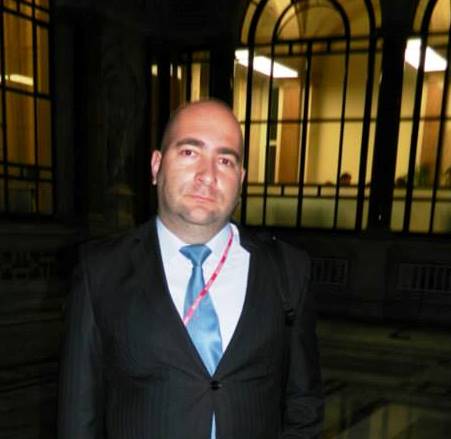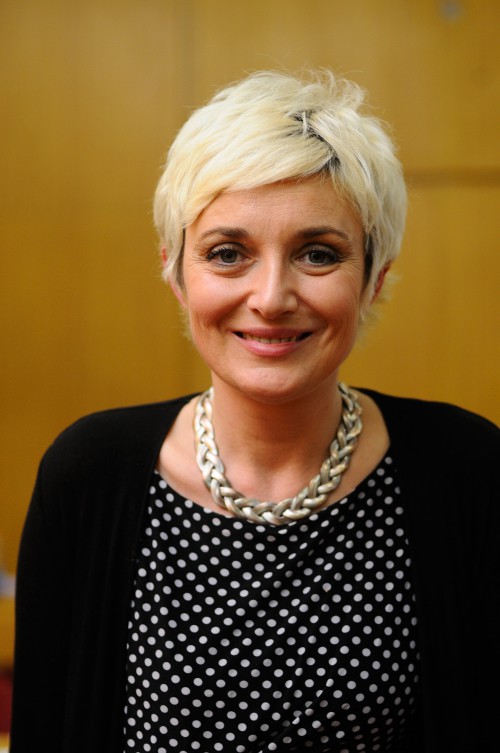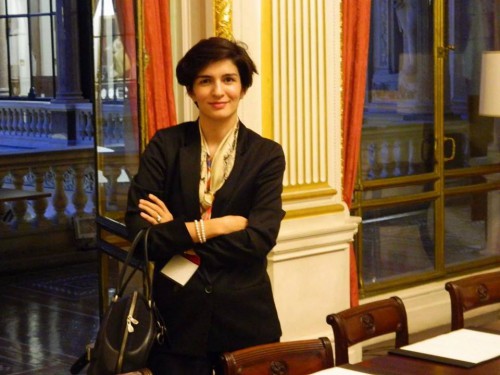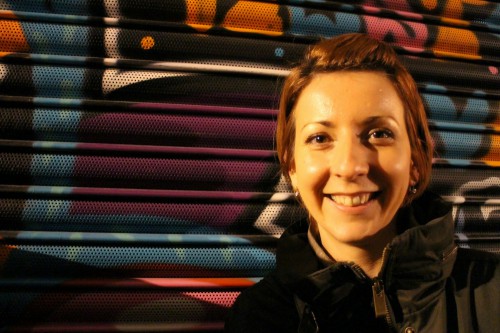28th November 2014
Investing in the future: British Embassy Fellowship Programme
People in Bosnia and Herzegovina like to complain about politics. It’s almost a national sport, on a par with football, basketball or handball. Some of these criticisms are justified; some aren’t. But what is not always sufficiently recognised is that it’s not just up to the politicians to resolve the country’s problems.
It’s the same with sport. Of course, the players on the team have the leading role. Without them, nothing happens. But how they play depends on a number of other factors: the management team that supports them, the companies who sponsor them, the media who encourage or criticise them, and the fans who urge them on to success or failure.
This is the logic that underpins the British Embassy’s Fellowship programme. Twice a year, we take 20 high-performing young people from politics, from the civil service, from business, from the media and from civil society, and we send them to London for three weeks.
It’s a big commitment – for them and for us. The intensive course, which is run for us by Queen Mary University, is designed to provide them with insights into how the UK develops and implements effective policy within a devolved system of government. Alongside classroom-based lectures from leading experts, there are study trips, from local government to 10 Downing Street and the BBC to business incubator Central Working.
But it’s not all hard work. Just as importantly, there are plenty of opportunities to enjoy London’s rich cultural and social life. It’s all about building relationships. Our aim is to create a powerful network of people with the potential to pool their diverse backgrounds and expertise for the benefit of Bosnia and Herzegovina.
The latest group has just returned and another will head to London in January. Word has got out, and we’re delighted by the quality of the applications we are receiving. Here is what some of our Fellows had to say about their experiences:

“Participation in the Fellowship programme was a great privilege and unique opportunity to learn about British tradition and identification of the tried and tested, advanced solutions for many current issues.” Dmitar Vracar, RS MoI

“I had an opportunity to gain theoretical knowledge in disciplines which were not part of my formal education, but still important in my research and professional work, especially in public policy reforms. The two most important concepts I learned and thought about them were devolution and accountability.” Dzenana Husremovic, Faculty of Philosophy and local NGO Promente

“The whole idea of the program was not to impose any solutions, or to tell us how to do things. It was clear that the idea was to help us with some suggestions and to build network between us, who in different areas of Bosnian public life, can offer our views and ideas how to improve life for all BiH citizens.” Dejan Sajinovic, Nezavisne Novine

“To sit around the table in London, and look at and dissect our own system from the outside, encouraged us to critically examine our very own personal, and collective views and standpoints, in potentially transformative ways.” Sabina Cudic, Nasa Stranka and SSST

“Getting to know the Fellows and understanding that there are extremely passionate and capable individuals in every segment of the society in Bosnia and Herzegovina, from media and business, but also politics and government institutions, who are driven by the same motives, aiming to make this country better, was an extraordinary experience… No doubt, implementation of any change is easier when you have supporters. However, through the program we learned that if these alliances don’t exist, they can be developed.” Edin Mehic, Posao.ba

“I found the Fellowship programme to be extremely important, especially for those who don’t have the opportunity to undergo further education or to gain new professional skills, especially outside BiH… I returned from London with specific knowledge, information, but also with greater professional self-confidence, which in my case resulted in advancement in my professional career.” Tanja Tomic, Herceg TV
I’ve written in a previous blog about the importance of educating and empowering young people in this country so that they can fulfil their potential. Alongside the Chevening scholarships, the Fellowship is an important part of the UK’s contribution to this mission and I can’t wait to see how the family grows and develops.
Our Fellows come from different ethnic groups, different professions, different socio-economic backgrounds, different genders. What unites them is energy and talent. And together, they can be a powerful force for good. If anyone can change this country for the better, these young people can.
If you think you could both benefit from and enrich the Fellowship programme, or you know somebody who would, then get in touch. The Programme Co-ordinator is Sabina Djapo (sabina.djapo@fco.gov.uk).
The final word goes again to Tanja Tomic: “Of course, I brought back with me lots of great memories from London, the world’s metropolis, but for me friendships with other programme participants are very important. I am sure that many of them will last long, professionally, but privately as well. At the end, we learned most about each other.”
The British Council was inspired by Sir Reginald (Rex) Leeper’s recognition of the importance of “cultural propaganda” in promoting British interests. Founded in 1934 as the British Committee for Relations with Other Countries, and granted a royal charter by King George VI in 1940.
Not only do people in Bosnia and Herzegovina like to complain. Remember that the Poles complain about anything and everything 😉